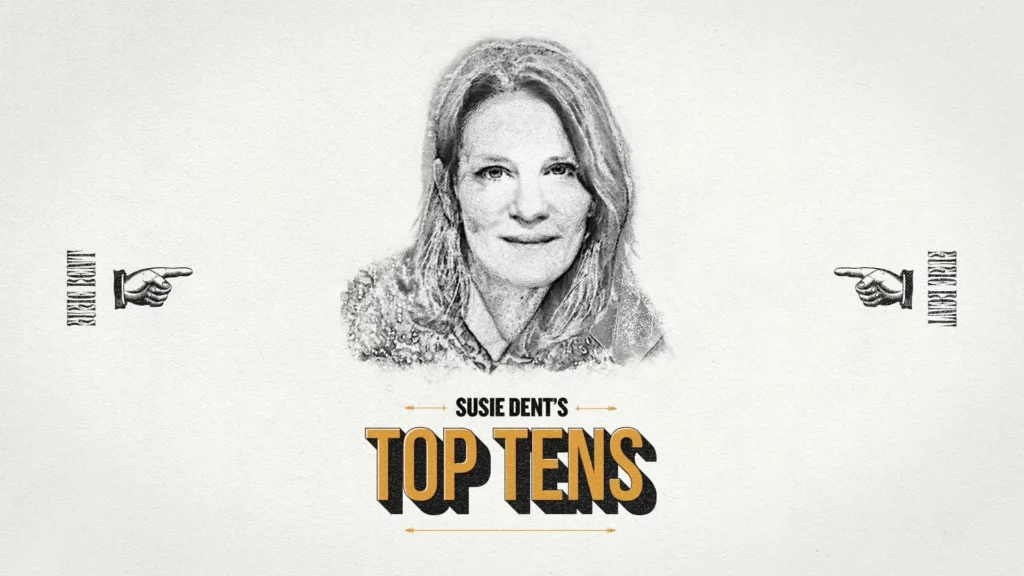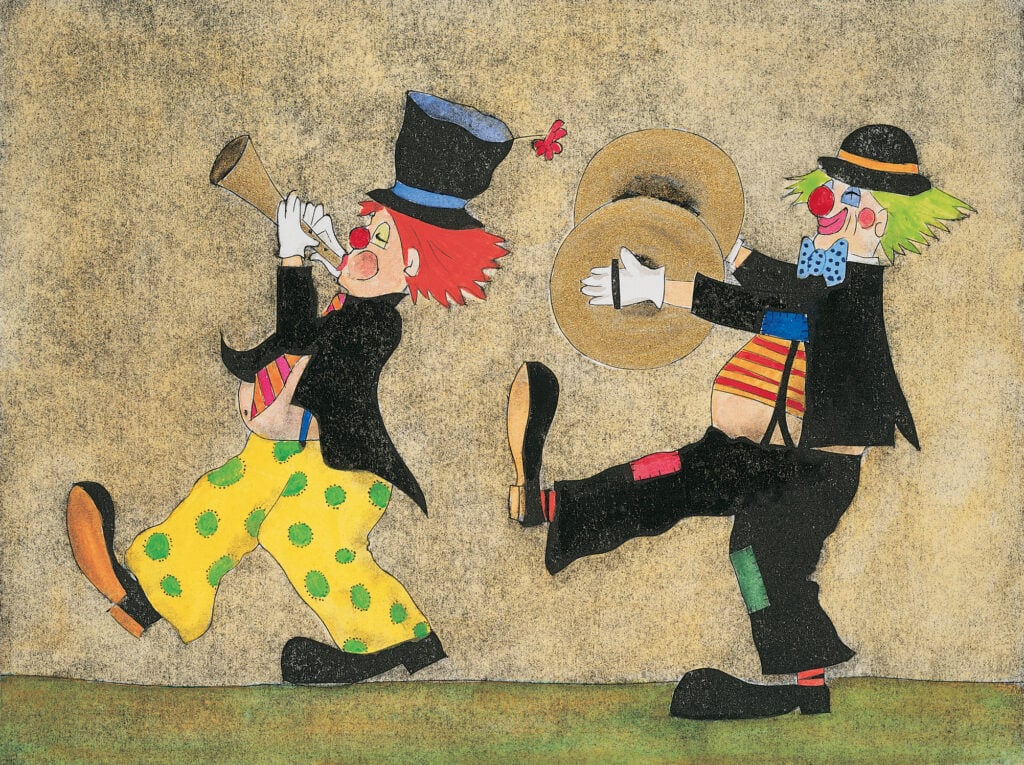Among the plentiful rewards of a lifetime spent with dictionaries are the daily discoveries of words that have somehow been consigned to the lexical dustbin. While some of them enjoyed a reasonable time in the sunshine, others barely felt its warmth before falling back into obscurity.
Here are my top ten (for today, at least) words that I nominate for immediate resurrection.

1. Interdespise: to loathe someone as much as they loathe you.
Admittedly it’s not the most positive of words, but there is some pleasure to be had in knowing that there is a term for mutual dislike. Best to get it out in the open.
2. Constult: to act stupidly together.
Whether it’s a night out, the office awayday, or a government cabinet meeting, ‘constulting’ is a pithy way of describing a joint exercise in idiocy. The word goes nicely with another unfairly jettisoned word: ‘unasinous’, meaning ‘united in stupidity’.

3. Latibulate: to find a corner and hide in it.
There are days when it all gets too much and we long to dive back under the covers whence we reluctantly emerged that morning. If no bed is available, then latibulating is the next best option. A ‘latibule’, put simply, is a hiding place, and ‘latibulate’ has just one record in the Oxford English Dictionary, where it is defined as ‘privily to hide one’s self in a corner’.
4. Paracme: the point at which one’s prime is past.
In German, they have Torschlusspanik, ‘shut door panic’, for the fear in middle age that life is passing you by and its opportunities are dwindling. A useful adjunct from the English lexicon is ‘paracme’, which represents the period when, as the Dictionary puts it, ‘the highest vigour is past’. Make of that what you will.
Read More: Susie Dent’s Top Tens: 10 ‘Americanisms’ that aren’t actually American
5. Quisquilious: of the nature of rubbish
Quisquiliae, for the Romans, described waste matter or refuse. English happily accepted the adjective quisquilious, which has the advantage of sounding beautiful whilst describing something that is total rubbish.
6. Sitzfleisch: the ability to endure something.
Back to German, and while ‘sitting meat’ doesn’t sound very pleasant, it does provide a useful descriptor for the ability to sit patiently for a long period of time, particularly through something unpleasant or annoying. This is the kind of ‘sitting stamina’ you might require when a friend is showing you a hundred of their best holiday snaps, or at the office meeting when people just don’t know when to stop.
7. Sialoquent ‘that spits much in their speech’.
At some point, we have all stoically ignored the fact that the person talking to us has accidentally spat on us in conversation. For those who commit this sin non-stop, the adjective ‘sialoquent’, from the 1700s, may at least reassure you that such individuals have existed for centuries.

8. Somnificator: one who induces sleep in others.
Not much more needs to be said about this word, which helpfully describes anyone who at times can be a total snoozefest. The first and last recipient of this undesirable epithet appears in a letter by the 19th-century poet Robert Southey, who writes of ‘the rector, a humdrum somnificator’.
9. Finifugal
The box set that has kept you gripped for weeks; the book that is so good you never want to close it, or the holiday that takes you away from it all: any one of these might leave you feeling ‘finifugal’, a Latin-based word that means ‘shunning the end’ of something because you want it to go on forever.
10. Yepsen: the amount that can be held in two hands cupped together.
Measurements in the past tended to involve the capacity or length of a particular body part. Horses were measured in hands, distances in feet (a mile represented a thousand, or mille, paces by a Roman soldier), and ocean depths in fathoms: originally the span of a pair of outstretched arms. We can add to this list the ‘yepsen’, which once described the capacity of two cupped hands, i.e. a ‘double handful’. A potentially convenient means of measuring biscuit intake.






2 Comments
I laughed so hard. This blog post made my day. Words are beautiful. ?
14 years of Sitzfleisch